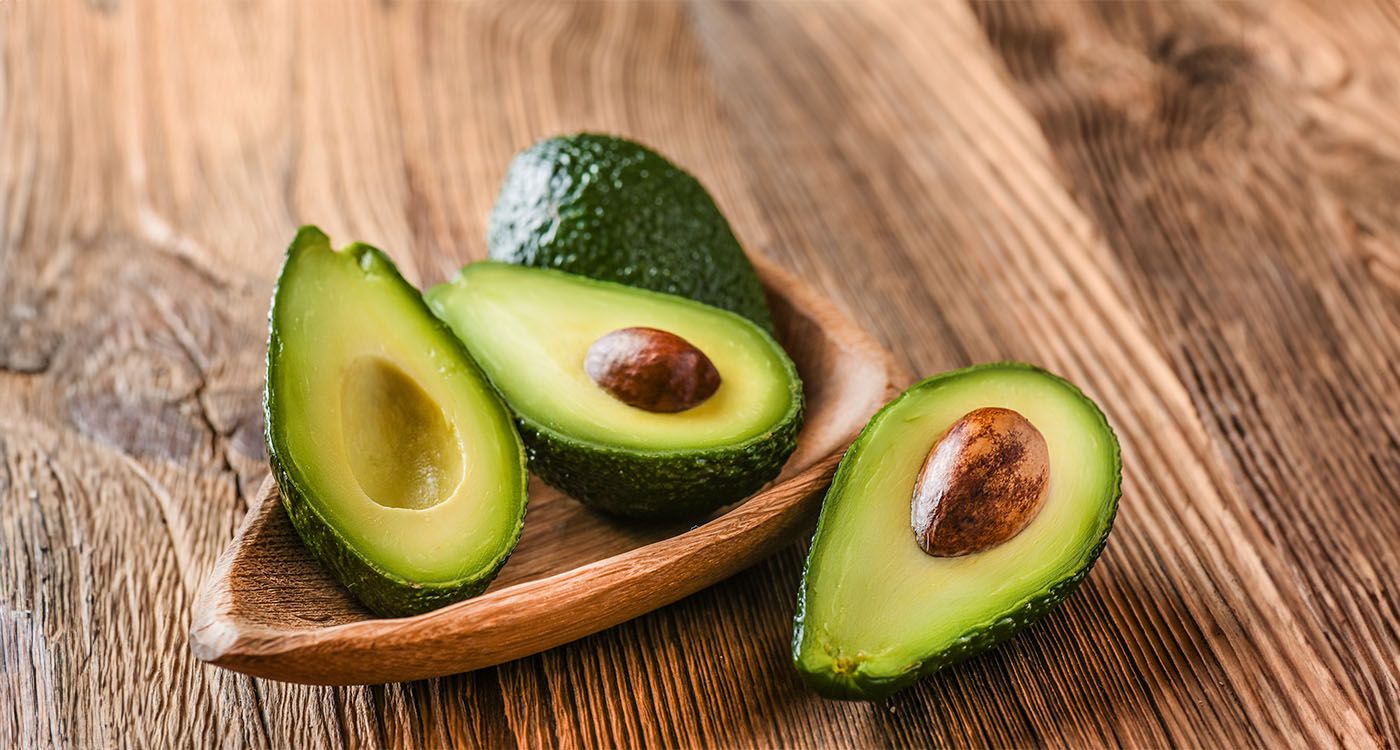
Avocado farming is booming in Lebanon. From Tyre to Batroun, orchards are spreading as visionary farmers embrace the fruit for its profitability and potential. Despite a challenging climate, Lebanese avocados are steadily making their mark on both local and international markets.
In recent years, a new player has quietly transformed Lebanon’s agricultural scene. Once limited to a few experimental orchards, the avocado has become a true star in the markets. In just a few seasons, it has won over producers with its profitability, consumers with its flavor, and exporters with its potential. In a country where agriculture is searching for new momentum, the avocado stands out as a success story that must be cultivated with care.
A Rapidly Growing Production
Avocado production in Lebanon continues to rise. Over the years, the numbers speak for themselves. Nearly one million trees were planted in 2024, according to a producer interviewed by This is Beirut, reflecting the growing enthusiasm for the crop. Annual production now ranges between 20,000 and 25,000 tons, with an average yield of 1.25 tons per 1,000 square meters, a figure experts consider excellent.
Avocado trees are challenging to grow. They require plenty of water and a warm, stable climate, with temperatures reaching up to 38 degrees Celsius.
“This year, rainfall was low, but we made up for it by watering more often,” the producer explains. “Avocados grow well up to 500 meters in altitude, which is why they are concentrated along the southern coast in Saida, Tyre, and Nabatieh, and along the northern coast from Batroun to Koura.”
The season runs from November to May, a time when markets are full of this fruit that has become a staple in Lebanese households.
Varieties with a Taste of Lebanon
Lebanese orchards host an impressive diversity of avocado varieties: Lamb Hass, Pinkerton, Ettinger, Fuerte, and Reed. Each has its own characteristics: some are more heat-tolerant, while others stand out for their texture or oil content. Farmers are encouraged to diversify their crops to avoid dependence on a single variety and to strengthen resilience against disease.
Avocado trees, occasionally affected by fungi or insects, can be treated effectively without compromising fruit quality or increasing pesticide levels.
A Profitable Choice for Farmers
In Lebanon’s struggling agricultural sector, the avocado stands out as an exception. Producer prices range between $1.50 and $2 per kilo, allowing farmers to maintain a decent profit margin even in challenging times.
“Along with bananas, avocados are now one of the most profitable crops in the country,” the producer says. The initial investment is high, with each plant costing 20 to 30 dollars and three years needed before the first harvest. Once the trees start producing, the returns are long-lasting.
A Product That Appeals to Foreign Markets
Lebanon no longer just consumes its avocados; it exports them as well. Between 10 and 15 percent of national production, nearly 10,000 tons a year, is sold abroad. The main markets are the Gulf countries, Egypt, and Jordan. Lebanese avocados are also gaining popularity in Europe, particularly in France, Germany, and the Netherlands, thanks to their quality and growing demand.
Currently, between 1,600 and 2,000 hectares of Lebanese land are devoted to avocado cultivation, and this number continues to rise. Faced with strong demand and good profitability, more landowners are choosing to plant avocado trees on their property.
While the climate remains a challenge, the Lebanese avocado seems to have found its place. It has become a symbol of adaptability for farmers in a sector that is searching for a new lease on life.




Comments